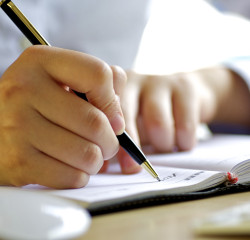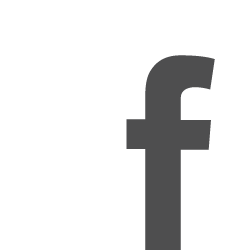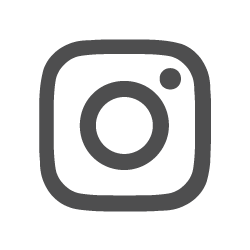Take Note: 6 Ways to Improve Your Notes
When I first started at Reynolds and Reynolds, I discovered my teammates had outfitted my desk with many office supply essentials: thumbtacks, pens, sticky notes, and even a stapler! However, one item caught my eye, placed right on the keyboard: a notepad. I quickly learned taking notes would help me do well.
While I developed some note-taking skills in college, my system was not particularly organized. Before, all I needed to do was memorize information for an exam. Now it’s more about deciding what important information I will need to remember later.
Notes quickly prove useful, particularly if you have forgotten how to do a process or need to look back at what was discussed at a meeting two weeks ago. Taking notes about what others are saying has the added benefit of showing you take their ideas seriously.
There are a wide variety of ways to take and review notes, and many people end up finding a unique system that works best for them. Read on for a few tips and try them out as you develop your own note taking style.
Determine Importance
Before we get into how to structure your notes, let’s look at what information you should be noticing. Notes should never be a word-for-word transcript of a meeting. You will have to develop a sense of what is or isn’t important. For example, take note of names you aren’t familiar with and what those people do, write down tasks you’ve been assigned, or simply jot down a coworker’s favorite restaurant.
Any of that information may come in handy later on, and you don’t have to rely on your brain to remember that Jake works on the sales team. And the restaurant? Now you know where to take your co-worker to celebrate a successful project.
List
The list is probably the most familiar method of note taking for most people. It also happens to be one of the easiest. Start with a major topic or point, and add bullet points that relate. Remember to leave space between topics since you may come back to one or have other notes you want to add in later.
Lists are great for seeing next steps for a project. Need to remember how to create a project proposal? Your list notes probably have you covered.
Code It
Some people have a coding system when they take notes, even if they don’t realize it. If you draw a star or an asterisk next to a piece of important information, you’re coding your notes. If you develop a system of symbols related to different job responsibilities or important details, coding your notes will allow you to reference important items quickly. Adding some of these symbols in as you’re writing can help you catch key details quickly when it comes time to review your notes.
Go Digital
There are many ways to digitize your notes to make them more useful to you later. The smartphone apps OneNote and Evernote both allow you to take photos of your notes and make them searchable. There are also “smart pens” that digitize while you write. Keep in mind, “smart pens” can be expensive and require special paper. If having a digital system is important to you, but you don’t want to be typing out notes on a tablet during a meeting, these options may work for you.
Mind Mapping
If you love seeing how things change and expand throughout a meeting, or you are simply a more visual person, mind mapping may be a good strategy to look into for note taking. A mind map starts with your main topic in the center. As different, related topics come up, branch these out from the center. As you branch out more and more, the information will get more detailed. If a side topic comes up that’s unrelated, start a second map! This will help you track the important points of a meeting for easy reference later. You can also see very quickly how different notes are related.
This method also works great when you’re brainstorming, since you can see how an idea got from A to B to Z without much effort.
Review
You may not be studying for tests anymore, but it’s always good to review your notes. Set aside some time, either on a weekly or daily basis, to revisit any issues that have come up since your last review. It also provides a fresh look that may bring up new questions or ideas. Your review also may uncover any unfinished action items and help make sure you don’t forget anything.
The more notes you take, the more effective your notes become. Experiment with your note taking style and keep a stock of notepads ready for use!

















